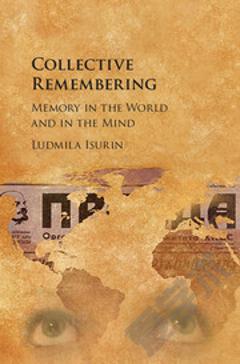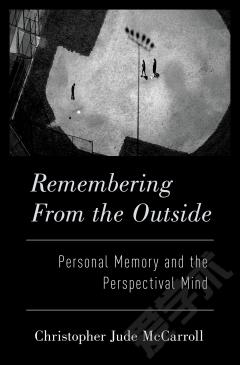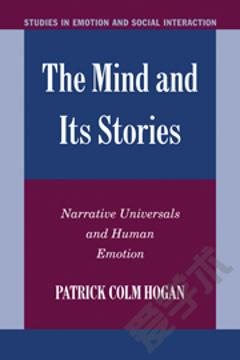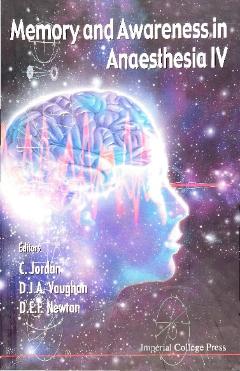Collective Remembering: Memory in the World and in the Mind
This interdisciplinary study explores collective memory as it is presented by official producers (such as textbooks and media) and reflected by consumers (group members). Focusing on a case study of Russians and Russian immigrants to the USA and their memories of seminal events in the twentieth-century Russian collective past, Isurin shows how autobiographical memory contributes to the formation of collective memory, and also examines how the memory of the shared past is reconstructed by those who stayed with the group and those who left. By bringing together historical, anthropological, and psychological approaches, Collective Remembering provides a new theoretical framework for memory studies that incorporates both content analysis of texts and empirical data from human participants, thus demonstrating that methodologies from the humanities and the social sciences can complement each other to create a better understanding of how memory works in the world and in the mind.
{{comment.content}}








 京公网安备 11010802027623号
京公网安备 11010802027623号